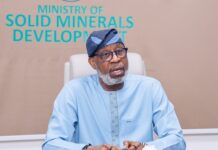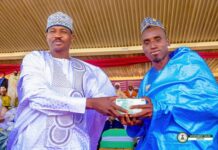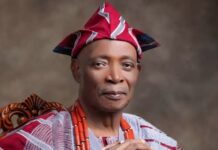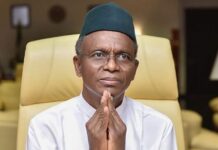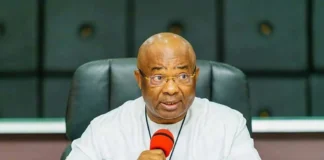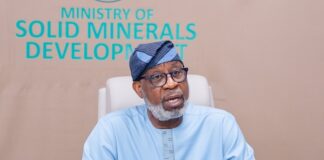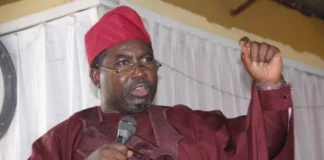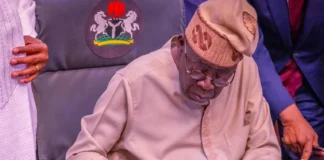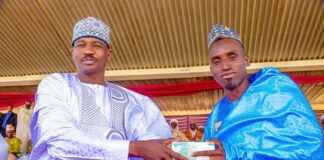-
Wole Soyinka declares ‘country now dysfunctional’
-
Opposition seeks forensic probe of new subsidy regime
As the ruling All Progressives Congress (APC) and the opposition Peoples Democratic Party (PDP) continue to bicker over the rationale for the covert restoration of fuel subsidy, Nobel laureate, Prof. Wole Soyinka, says he can only wish Nigerians less misery in the coming year.Soyinka stressed that prevailing socio-economic circumstances in the country make a genuine happy New Year greeting an extravagant wish, adding that 40 years after the country passed through the same problems associated with scarcity of fuel, the ugly development is still rife. The Guardian NG reports

Making reference to a Daily Times publication of June 7, 1977, the laureate said, “The accompanying news clipping from June, 1977 came into my hands quite fortuitously. It is forty years old. It captures the unenviable enigma that is the Nigerian nation. It is however a masterful end-of-year image to take into the coming year, not only for the individual now at the helm of government, General Buhari, but for a people surely credited with the most astounding degree of patience and forbearance on the African continent – except of course among themselves, when they turn into predatory fiends. When many of us are blissfully departed, an updated rendition of this same clipping – with a change of cast here and there – will undoubtedly be reproduced in the media, with the same alibis, the same in-built panacea of blame passing.”
In a statement on the state of the nation, Soyinka continued: “Let this be called to our collective memory. Even before the current edition of the fuel crisis, other challenges, requiring immediate fix, had begun to monopolize national attention, relegating to the sidelines the outcry for a fundamental and holistic approach to the wearisome cycle of citizen trauma. This has been expressed most recently, and near universally in the word ‘Restructuring,’ defined straightforwardly as a drastic overhaul of Nigerian articles of co-existence in a more rational, equitable and decentralized manner. Such an overhaul, the re-positioning of the relationship between the parts and the whole offers, it has been strongly argued, prospects of a closer governance awareness of, and responsiveness to citizen entitlement. An overhaul that will near totally eliminate the frequent spasms of systemic malfunctioning that are in-built into the present protocols of national association.”
The Guardian NG



